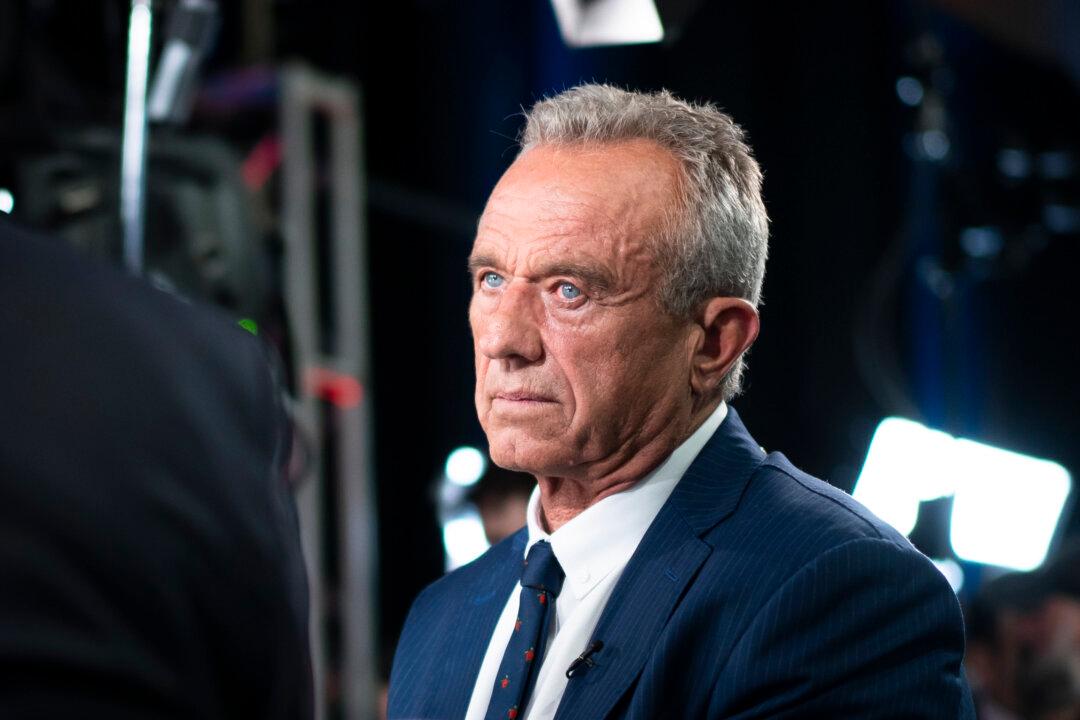The Wisconsin Supreme Court on Sept. 27 ruled that Robert F. Kennedy Jr.’s name will remain on the state’s presidential ballot in November even though he has suspended his independent campaign.
In its Sept. 27 ruling, the supreme court said Kennedy’s appellate briefs offered no argument that the lower court misinterpreted the law stating a candidate can only be removed from the ballot in the event of their death.





